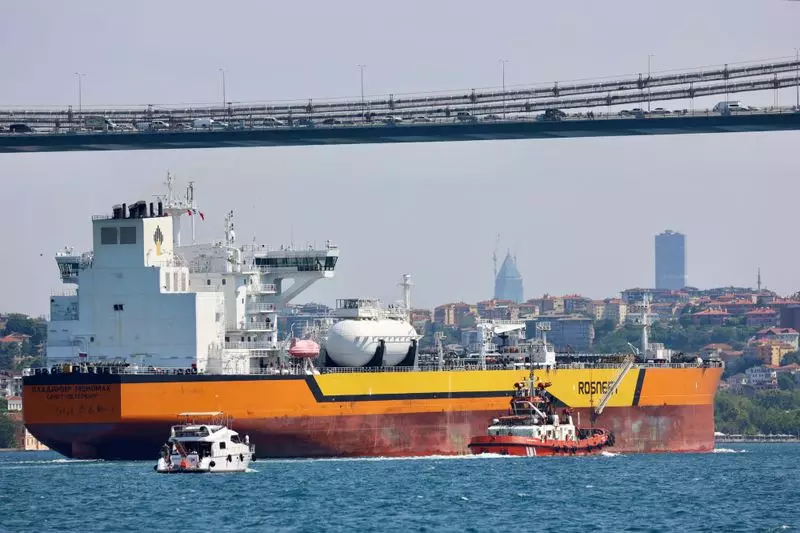
In a powerful coordinated move that strikes at the heart of Russia's economic engine, Western nations have unleashed a fresh wave of sanctions targeting Moscow's lucrative energy sector. The United States has imposed direct sanctions on Russia's two largest oil corporations, while the European Union has implemented a comprehensive ban on Russian liquefied natural gas (LNG) imports.
Targeting Russia's Energy Titans
The US Treasury Department's latest action specifically sanctions Gazprom Neft and Tatneft, two behemoths that dominate Russia's oil landscape. These companies have been crucial contributors to the Kremlin's war chest, generating substantial revenue that funds military operations in Ukraine.
Gazprom Neft, the oil arm of energy giant Gazprom, and Tatneft, one of Russia's oldest and largest oil producers, now face severe restrictions that will complicate their international operations and limit their access to global markets.
European Union Closes LNG Loophole
Simultaneously, the European Union has taken decisive action to shut down another significant revenue stream for Moscow. The 27-nation bloc has formally banned Russian LNG imports, closing a notable gap in previous energy restrictions that had allowed substantial LNG flows to continue even after crude oil sanctions were implemented.
This move represents a strategic shift as Europe weans itself off Russian energy dependencies while simultaneously constraining the Kremlin's financial capabilities. The EU had already dramatically reduced pipeline gas imports from Russia, but LNG shipments had persisted until this landmark decision.
Economic Impact on Moscow
The combined effect of these measures delivers a substantial blow to Russia's primary source of foreign currency earnings. Energy exports have provided Moscow with critical financial resilience throughout the conflict, enabling continued military spending despite previous rounds of sanctions.
Industry analysts suggest these latest restrictions will force Russia to seek alternative markets at discounted prices, potentially reducing overall energy revenue while increasing transportation and logistical costs for Russian energy companies.
Global Energy Market Implications
While designed to pressure Moscow economically, these sanctions are likely to create ripple effects across global energy markets. The measures may contribute to market volatility and potentially affect energy prices worldwide as supply chains readjust to the new regulatory landscape.
However, Western officials emphasize that coordinated releases from strategic petroleum reserves and increased production from other sources should help stabilize markets during this transition period.
This coordinated transatlantic action represents one of the most significant direct assaults on Russia's energy sector to date, demonstrating Western resolve to economically isolate Moscow while supporting Ukraine's defense efforts.





